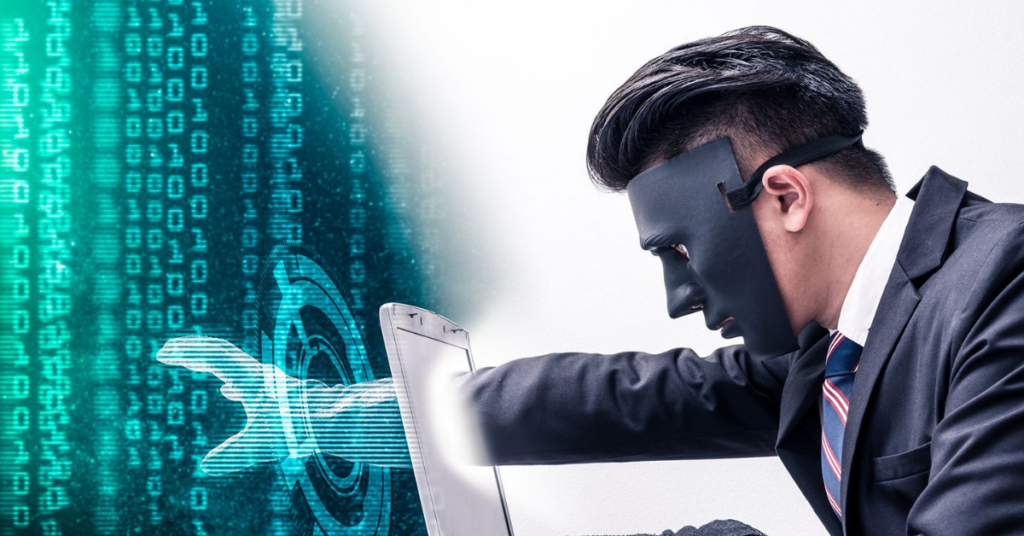What is VOI and why you need to know about it?
Posted on June 8th, 2023

You may have started hearing some businesses, such as banks, referring to VOI. The term stands for Verification of Identity, and it is something that will soon be a fact of life.
VOI is a process where a qualified person, such as a JP or a solicitor, must site various forms of identification and confirm that a person is who they say they are.
VOI has arisen because of concerns over fraud in an increasingly digital world. More and more people are transacting online and by email rather than in person. With a transient population it is not uncommon for people to engage in transactions in places other than where they live, meaning documents are either emailed or posted for signature. The question then becomes, how do we know the person who signed a document is the person who was supposed to sign the document? And that is before we even consider the cases of identity theft, computer hacking and email fraud that occur on a daily basis.
In Queensland, legislation sets out the specific VOI steps a witness is required to take before witnessing a land title document. The most common land title documents people usually encounter are transfers for buying or selling houses, leases and mortgages. This year the legislation took on greater significance as Queensland has now mandated electronic settlements, meaning if you are buying or selling a house your solicitor will use an electronic platform to carry out this transaction. Your solicitor must complete VOI before the transaction can be completed.
Before witnessing the signature on a land title document a witness must first verify the identity of the person signing and then must be satisfied that the person is entitled to sign the document.
To verify your identity you must present sufficient forms of identification. For example a drivers license, passport and marriage or change of name certificate (if applicable). If you had these documents you would satisfy category 1 for VOI. If you did not for example have a passport, you would need to present your drivers license, birth certificate, Medicare card and marriage or change of name certificate (if applicable).
Once the witness has been satisfied that you are who you say you are; then they must be satisfied that you are allowed to sign the document. If you were selling your house the witness would need to see a title search and rates notice to confirm that you who you say you are, and you also own the house you are selling.
If you do not have sufficient documents to satisfy the witness they must not witness your signature on the documents. It is therefore advisable to contact a witness in advance to find out what you need to bring. If you do have sufficient documents the witness is required to keep a record of what steps were taken to satisfy the legislation. If a witness does not comply with the rules required for witnessing land titles documents there are severe penalties.
Given we are in a digital world there are digital platforms that can perform VOI from the comfort of your own home. Usually, you will receive a link by text or email that will prompt you to present the identification documents to be photographed using your phone or tablet. The information is then checked against government databases and a report is generated back to the person who requested the VOI check. In most cases this will either be your bank or a solicitor. Always exercise caution and ensure that any links you receive have been sent by a legitimate person or agency.
The reality is that you will be subject to a VOI check at some point soon. It is a good idea to know where your passport, birth certificate and other identity documents are. Keep them safe, but also keep them handy because you will need them.
